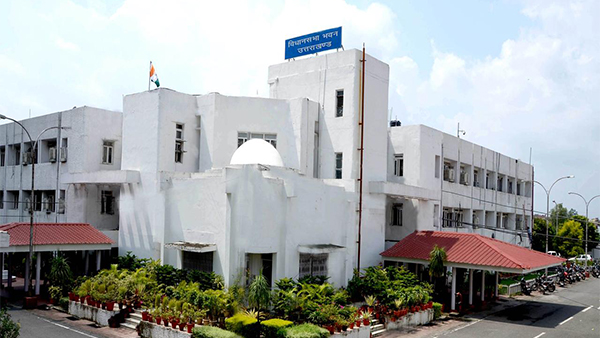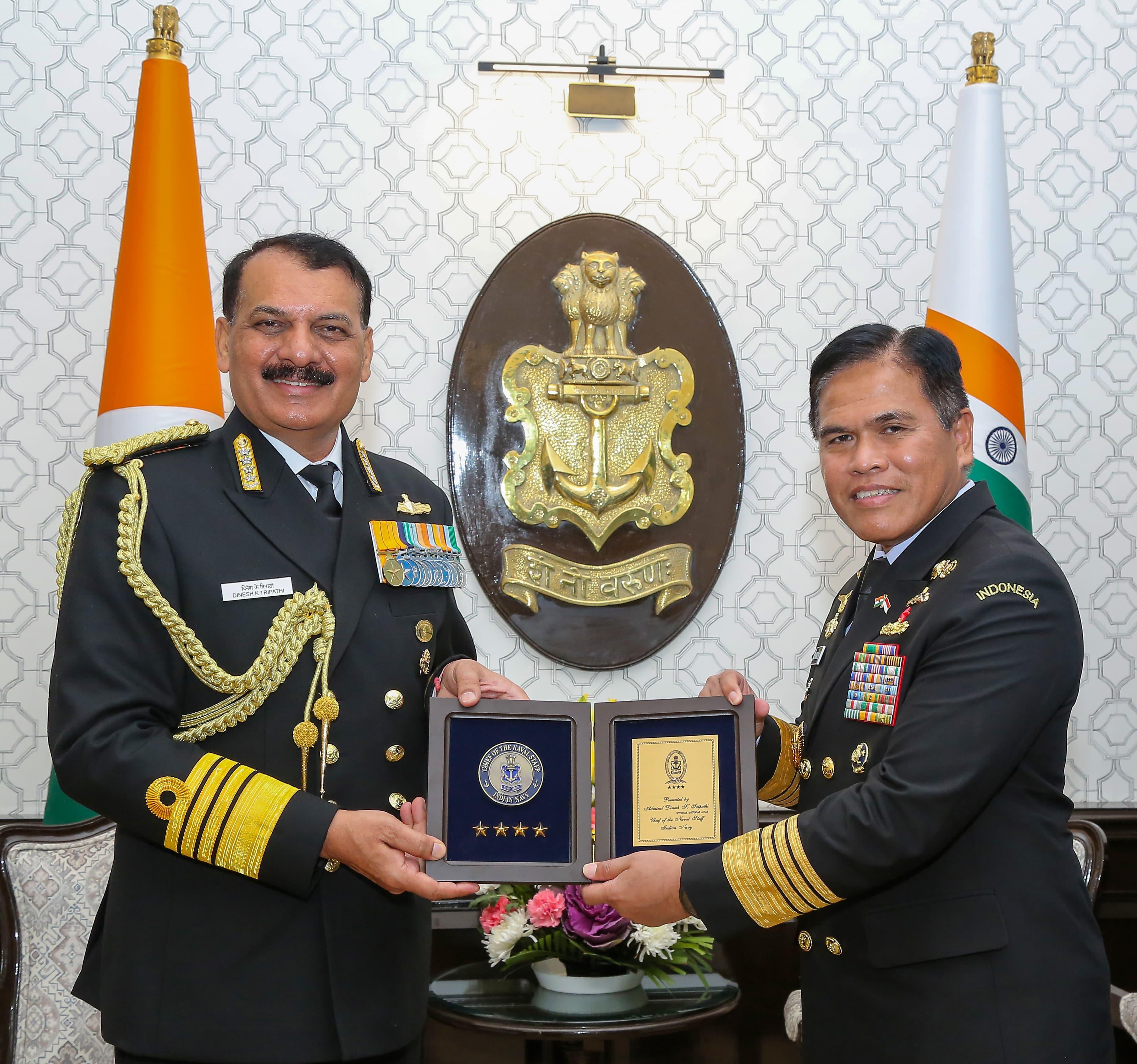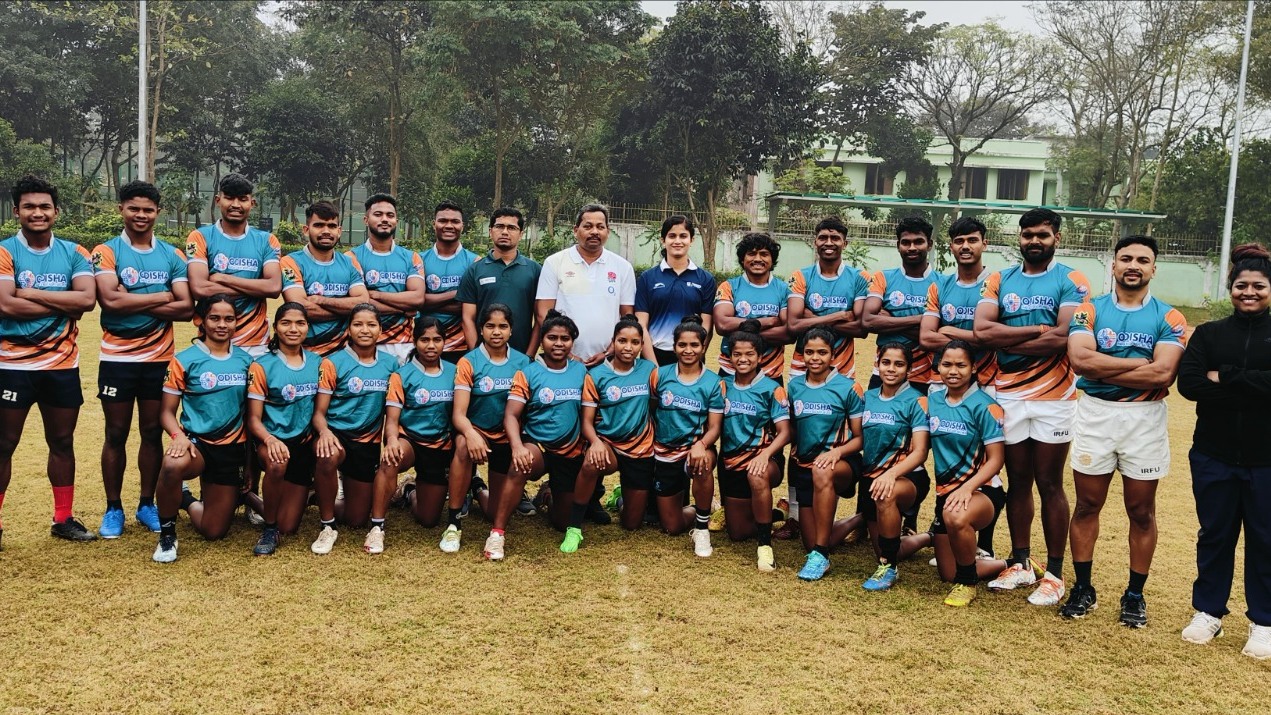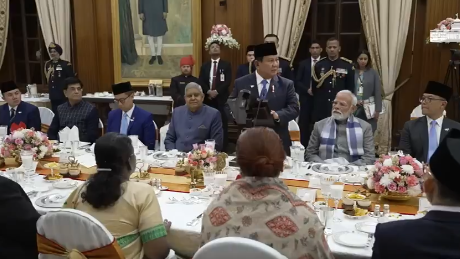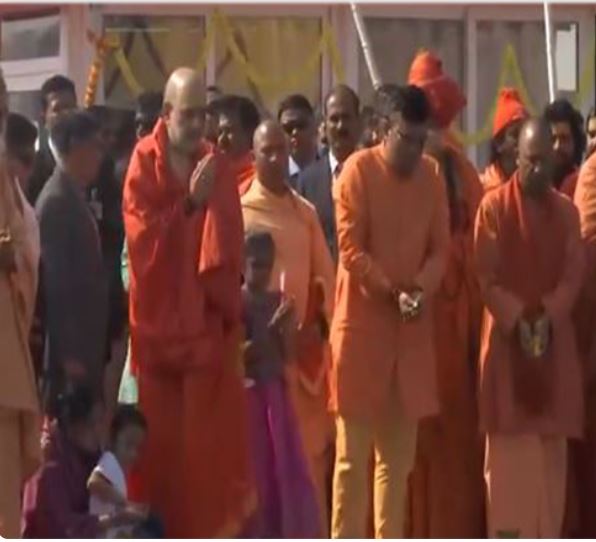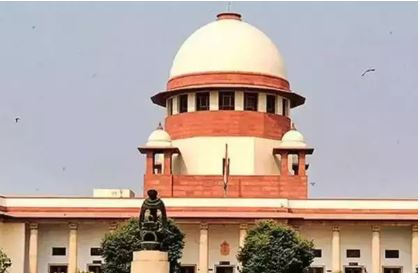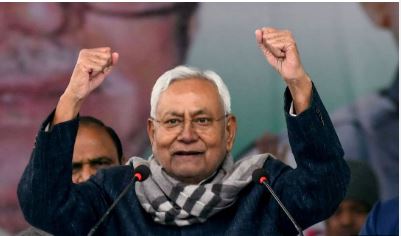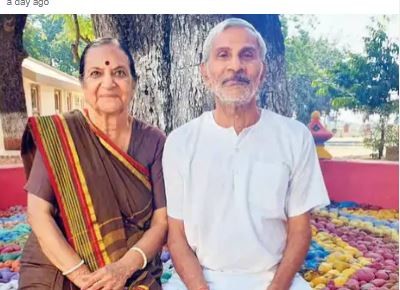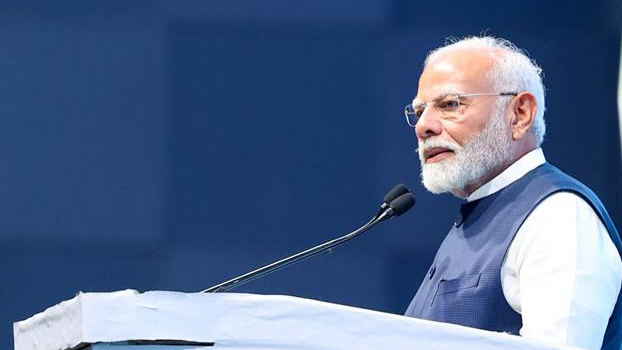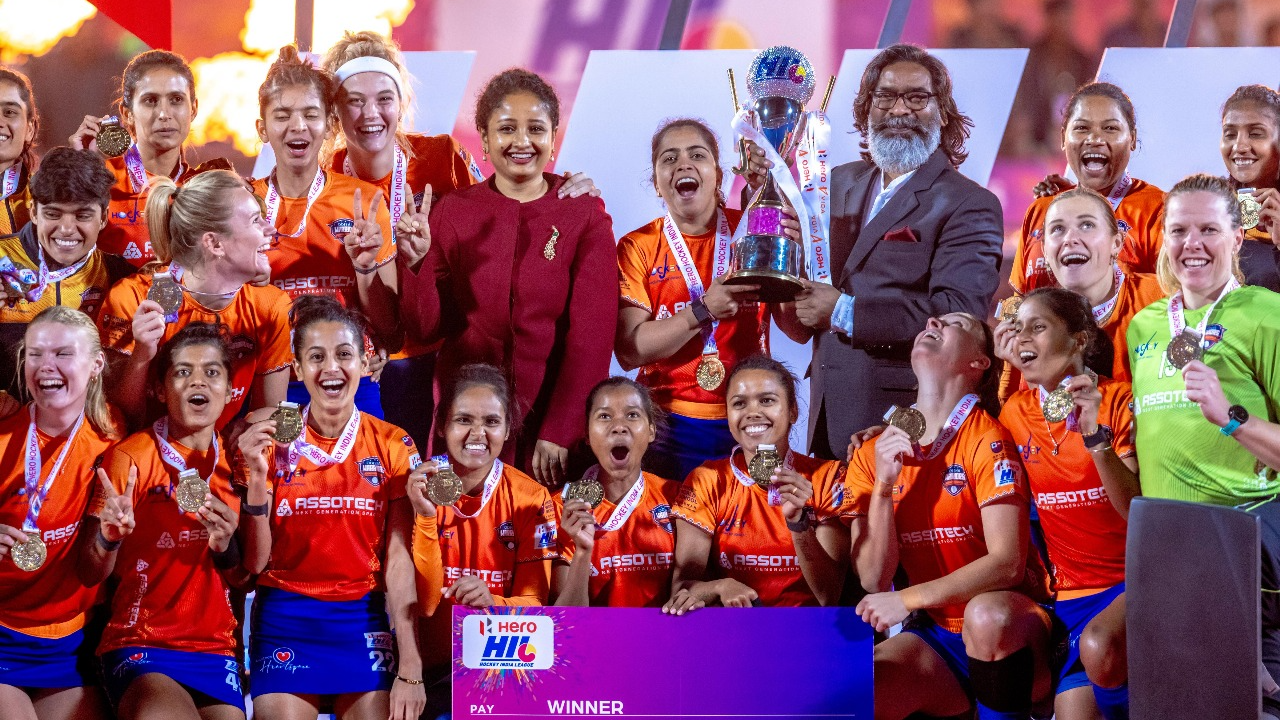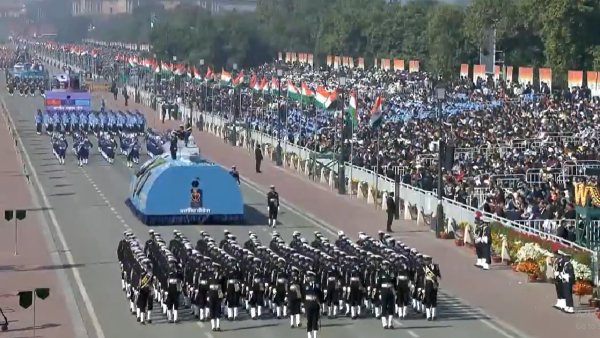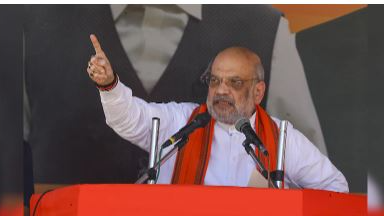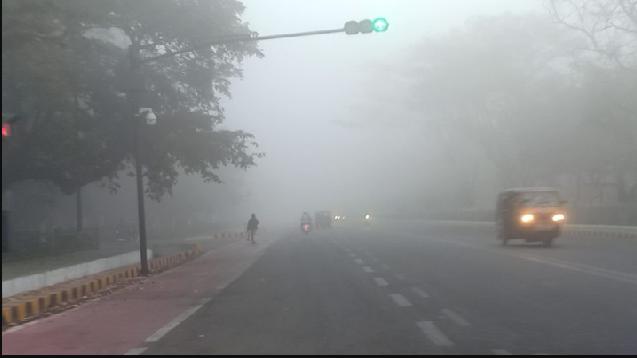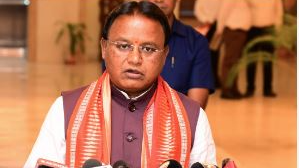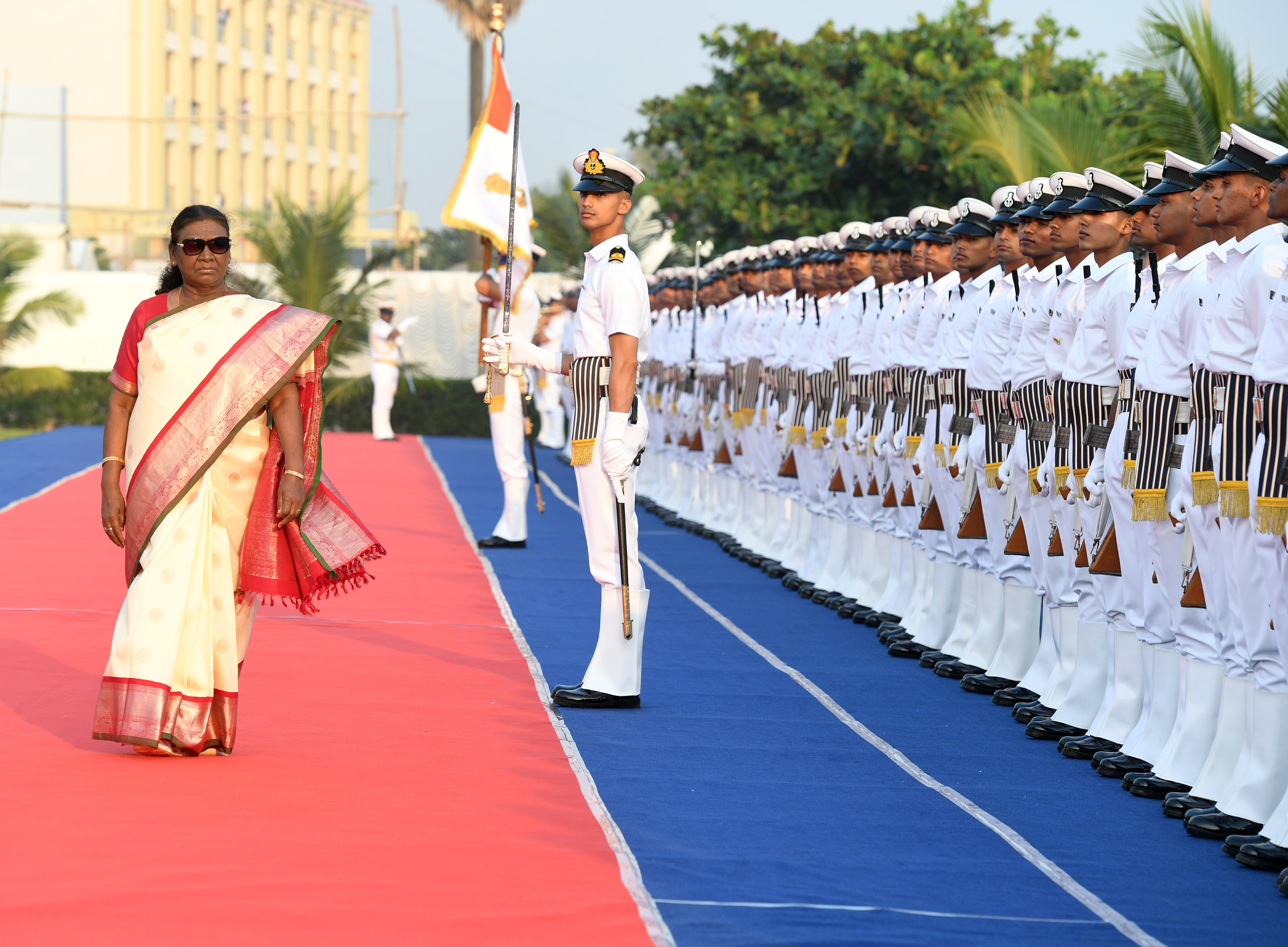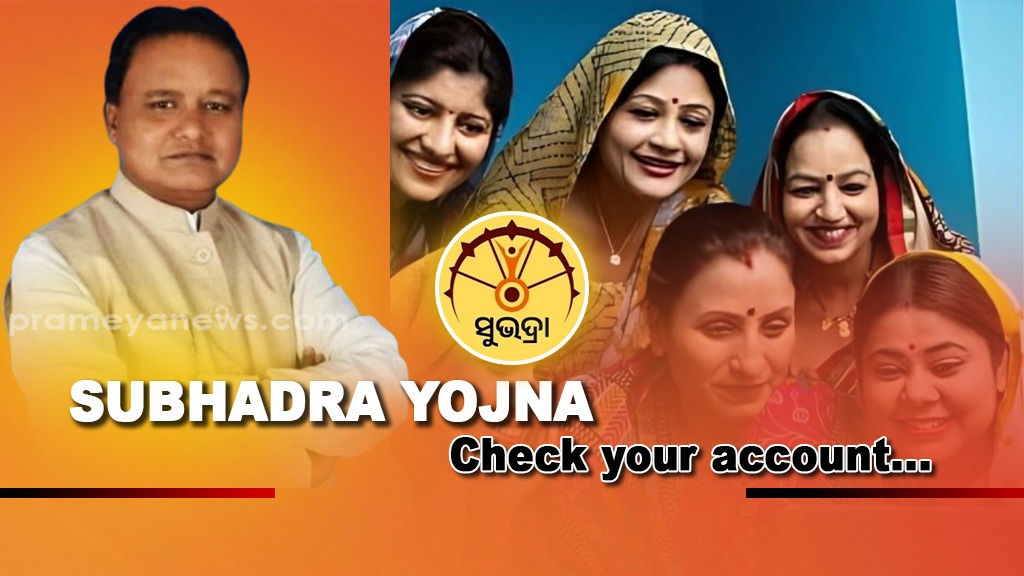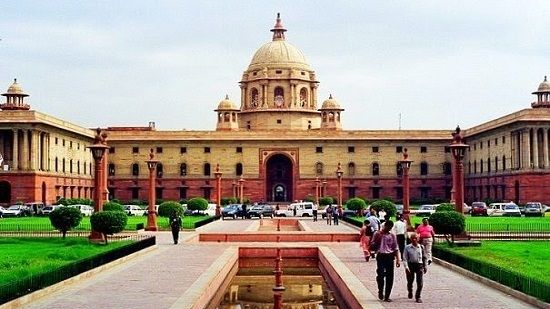Dehradun, Jan 27: Uttarakhand has etched its name in history by becoming the first state in India to implement the Uniform Civil Code (UCC), a groundbreaking move aimed at unifying personal laws governing marriage, divorce, succession, and inheritance. On January 27, 2025, Chief Minister Pushkar Singh Dhami launched the UCC portal and introduced the new set of rules, marking a major step towards ensuring social justice and equality.
The UCC, established under the Uttarakhand Uniform Civil Code Act, 2024, will simplify personal laws and create a standardized framework for processes such as will creation, cancellation, and succession. The official order from the Uttarakhand government states that the UCC will officially come into effect on January 27, 2025, as per the powers granted under Section 1(2) of The Uniform Civil Code, Uttarakhand, 2024 (Act no. 3 of 2024). This Act applies to the entire state of Uttarakhand and extends to residents living outside the state, though it does not apply to Scheduled Tribes or protected communities.
One of the central provisions of the UCC is its clear guidelines for marriage. For a marriage to be valid under the Act, both parties must not have a living spouse, must be mentally competent to consent, and must be of legal age—21 years for men and 18 years for women. Marriages must also not fall within prohibited relationships, though they can be performed according to either religious customs or legal procedures. A key stipulation is that all marriages occurring after the Act’s implementation must be registered within 60 days. Marriages conducted prior to March 26, 2010, or outside Uttarakhand, can be registered within six months of the UCC’s enforcement if both parties have been living together and meet legal eligibility criteria, though registration is not mandatory.
The registration process itself has been streamlined. Once an application is submitted, the sub-registrar must make a decision within 15 days. If no decision is made within this period, the application is automatically forwarded to the registrar. Similarly, an application for marriage acknowledgment is deemed accepted after 15 days if no decision is made. A transparent appeal system is in place in case of rejection, and penalties apply for providing false information during registration.
While non-registration does not invalidate a marriage, the Act makes it clear that all marriages—whether new or existing—must follow the prescribed legal procedures to be officially recognized. Registrations can be completed either online or offline, and the state will appoint a registrar general and sub-registrars to ensure the smooth functioning of the registration system and the maintenance of records.
Through this historic move, Uttarakhand has set a precedent for other states, striving to bring greater uniformity and fairness to personal law in the country.









